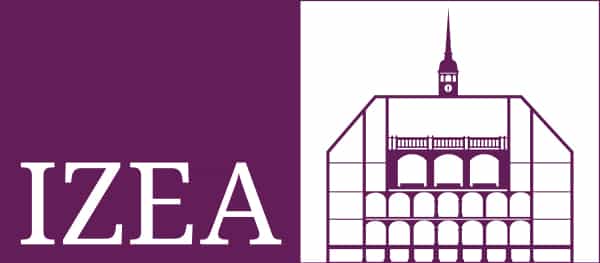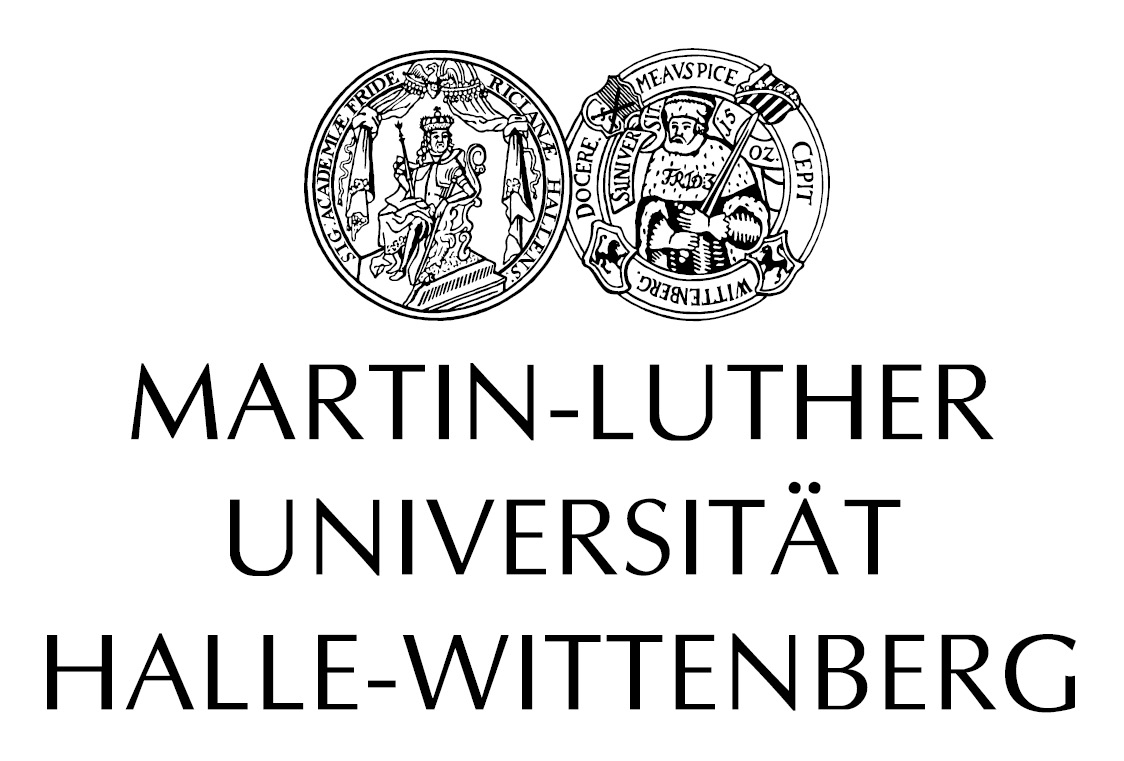Machine translation available:
‘What Can We Know?’ – The Prize Questions of the French Academies as Media of Knowledge Reflection
‘Is the wisdom that stems from temper as reliable as that stemming from reason?’ (‘Si la sagesse qui vient du tempérament est aussi sûre que celle qui vient de la raison’, Académie des Jeux Floraux, 1725), ‘How much are the sciences indebted to poetry and literature?’ (‘Combien les sciences sont redevables aux belles-lettres’, Académie des Jeux Floraux, 1753), ‘Is the multiplicity of scholarly works in all genres more useful or more harmful to the progress of science and literature?’ (‘Si la multiplicité des ouvrages en tout genre est plus utile que nuisible aux progrès des sciences et des belles-lettres’, Académie de Pau, 1754), ‘What does the philosophical spirit consist in?’ (‘En quoi consiste l’esprit philosophique?’, Académie française, 1755) and, of course, Rousseau’s revelation: ‘Has the restoration of the sciences and arts contributed to the purification of morals?’ (‘Si le rétablissement des sciences et des arts a contribué à épurer les mœurs’, Académie de Dijon, 1750) – those questions are just a few examples taken from the prize contests of the French academies. They clearly indicate that the self-reflective turn of knowledge, most famously articulated in the first Kantian question: ‘What can I know?’ not only arose at the end of the 18th century in the sublime work of a (German) professor of philosophy, but already in the 1730s in a very popular medium of the enlightened republic of letters.

The academic prize questions in France and beyond should indeed be considered a popular medium as, at the time, they attracted more and more participants from virtually all strata of society and, especially, authors of average intellectual backgrounds. The competitors were typically members of the lower clergy, of the parlements or the artes faculties of the universities, as well as lawyers and physicians. But even artisans and peasants picked up their quill pens. When the concours was abolished by the Convention nationale in 1793, that meritocratic institution of the French academies had mobilized altogether more than 12,000 participants. This was above all due to the fact that the contests, judged on the basis of strict anonymity, were open to the general public without any restrictions regarding social rank, gender, money, or institutional membership, or, to quote the regulations of the concours at the Académie française: ‘All sorts of persons, of whatever nature they may be, will be invited to take part in this prize contest’ (‘Toute sorte de personnes de quelque qualité qu’elles soient, seront reçues à prétendre à ce prix’).

This self-reflective turn is particularly striking when one considers the historical evolution of the prize questions at the French academies. The genre seemed hardly predestined for such epistemological investigations. Established in 1670 at the Académie française in the disciplines of poésie and éloquence the concours académique was first of all the medium of the panegyric on Louis XIV and a forum for the discussion of traditional theological and moral topics. It was only in the course of the eighteenth century, in the wake of the second wave of academy foundations after the 1720s, that new fields of knowledge were explored and that the range of subjects treated in the prize competitions started to increase. This was mainly due to the new disciplines of the concours académique, the scientific prize questions (established at the Académie royale des sciences in 1720, five years after the Académie de Bordeaux) and the historical contests held at the Académie des inscriptions et belles-lettres since 1734. What is more, with the prix des sciences the new empirical knowledge of nature found its way into a genre that had originally been established for cultivating the tradition of poetry and eloquence and hence the knowledge of the textual tradition.
In the course of the 18th century, the rhetorical prize questions, which remained one of the pillars of the genre, also underwent an important change, both regarding the modes of argumentation and the subjects proposed. Under the influence of Enlightenment discourse the contests, notably at the provincial academies, dealt more and more with the new philosophical topics of the time, in particular with the changing role of the arts and sciences and the epistemic status of rhetorical knowledge in relation to the observational insights of the flourishing natural sciences. Hence, since the 1730s, the questions set aimed explicitly at launching a debate on the contemporary development of knowledge in the republic of letters. This led to what one can call self-reflection of knowledge; self-reflection based, amongst other things, on the emerging specialisation of knowledge and further stimulated by the appearance of the Encyclopédie in the 1750s. This tendency was also very present, of course, in the philosophical competitions of the Berlin Academy of Sciences starting in 1747 with a question on Leibniz’s theory of monads. What is particularly interesting (and charming) about the French contests, however, is the fact that here the philosophical insights resulted from a deepened reflection on classical rhetorical topics such as ‘Is it of more use to study men or books?’ (‘Est-il plus utile d’étudier les hommes que les livres?’, Académie de Dijon, 1757).

The rhetorical prize questions thus became a textual medium in which the crucial epistemic transformations within the republic of letters since the 17th century were reflected. They mirrored the changes that accompanied the shift towards written communication and towards the periodical production and accumulation of factual knowledge. What is more, several of the prizewinning essays put forward a fundamental critique of the claim to universal knowledge asserted by the exact sciences. This critique of science and of its belief in method argues, as does the Jesuit Father Guénard in his discourse on the esprit philosophique (Académie française, 1755), that reason unaware of its own limitations becomes dogmatic and finally turns into the opposite of what it set out for. The recognition of the boundaries of technical rationality and of the ‘dialectic of enlightenment’ are phenomena uncovered in the 20th century, but they are also contemporary to the age of the ‘Lumières’ itself, one can argue, and developed in the plain public light of its most popular medium.

Martin Urmann, Collaborative Research Center Episteme in Motion, Freie Universität Berlin


